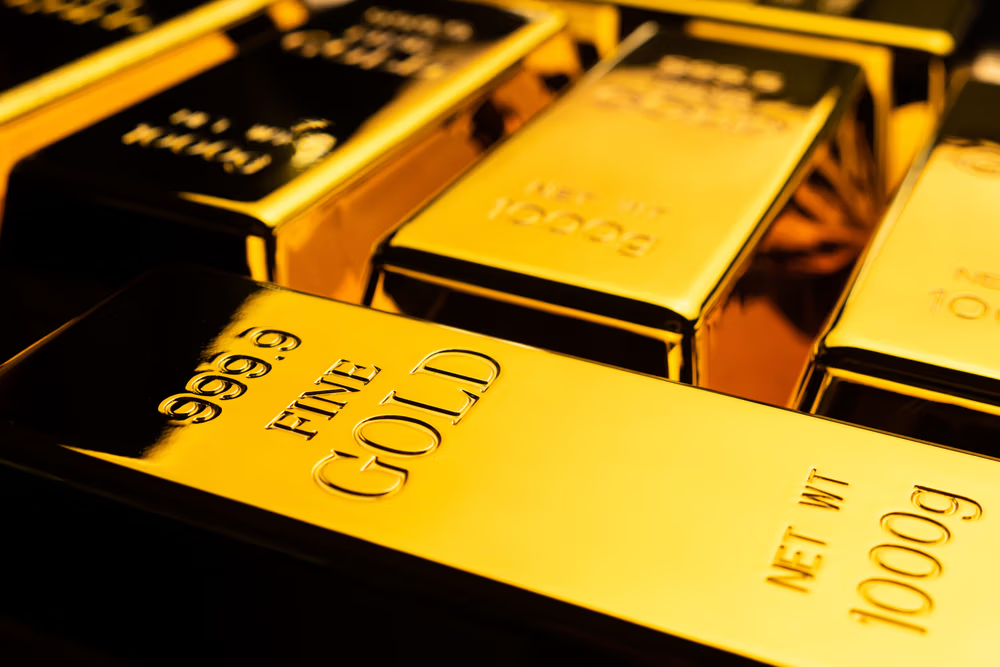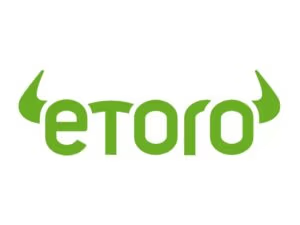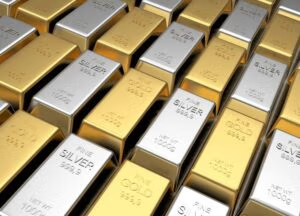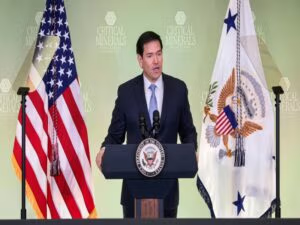Gold has overtaken the euro to become the second-largest global reserve asset by market value, according to the European Central Bank’s latest report on international reserves.
As of end-2024, gold accounted for approximately 20% of total global official reserves, comprising foreign exchange and gold, surpassing the euro’s 16% share. The shift marks a significant milestone in global reserve composition, underscoring gold’s rising strategic relevance amid intensifying geopolitical and economic uncertainty.
The ECB attributes the reweighting primarily to record-high bullion prices and elevated central bank demand, which surpassed 1,000 metric tons for a third straight year, doubling the average annual pace seen in the 2010s.
Gold prices surged 62% in 2024, hitting an all-time nominal high of $3,509.90/troy ounce in April, driven by sustained official sector purchases, macroeconomic instability, and the ongoing recalibration of reserve portfolios. Continuous gold futures most recently traded at $3,361.70 per troy ounce.
The report highlights a structural shift in reserve management post-2022, following Russia’s invasion of Ukraine. “Gold demand for monetary reserves surged sharply in the wake of Russia’s full-scale invasion of Ukraine in 2022 and has remained high,” the ECB noted.
According to ECB survey data:
- 67% of central banks cited portfolio diversification as the primary motive for gold acquisition.
- 41% identified geopolitical risk hedging as a key driver.
While gold has gained prominence, the U.S. dollar remains the dominant reserve currency, holding a 46% share at the end of 2024.
The ECB also linked the uptick in gold accumulation to the risk of sanctions. Its analysis showed that five of the ten most significant annual gold reserve increases since 1999 involved countries facing financial sanctions. Nations closely aligned with China and Russia experienced marked increases in gold holdings starting in the fourth quarter of 2021.
Global official gold holdings totaled 36,000 metric tons by end-2024, just below the historical peak of 38,000 tons recorded in 1965. The top official sector gold buyers last year were:
- Poland
- Turkey
- India
- China
- The State Oil Fund of Azerbaijan
(World Gold Council data)
The ECB’s findings underscore a growing consensus among reserve managers: gold is no longer a passive store of value but a strategic hedge against systemic risk, sanctions exposure, and currency volatility.






